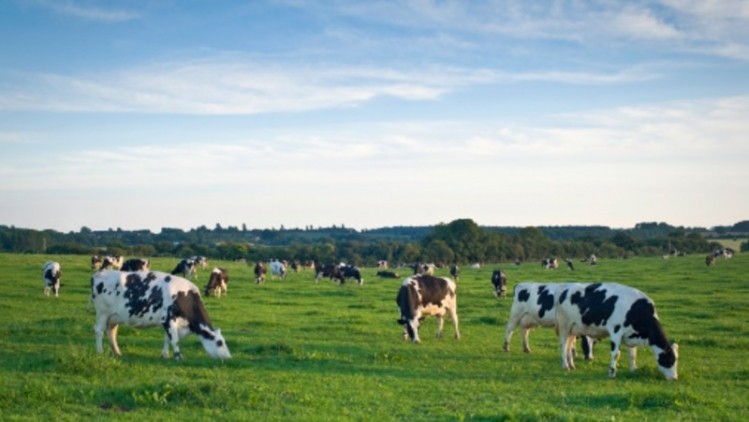Daring dairy dive: Baladna confirms plans for 2025 dairy product commercialisation in Malaysia

Baladna has been discussing its entry into Malaysia with local government and industry leaders since as far back as 2020, with then-CEO Malcolm Jordan telling us back then that Malaysia is a prime candidate to benefit from Baladna’s expertise in establishing dairy self-sufficiency.
This came after the firm helped its homeland Qatar overcome a dairy crisis when the country was facing a food supply crisis in 2017, when trade was blocked over claims of terrorism support.
“Malaysia is in a very similar situation [in terms of dairy supply] as Qatar was back in 2017 – we had a lot of foreign reliance as 90% of our dairy was being imported, and now Malaysia is also importing some 97% of its dairy as it has many farms but many of these do not produce dairy,” Jordan told FoodNavigator-Asia.
“Climactic challenges are also quite similar here, where it is challenging to farm dairy and obtaining economically viable yields of around 40 litres per cow amidst a hot and humid environment.”
Two years on, the firm has finally firmed up plans with Malaysian government-linked agriculture firm FGV Holdings (formerly FELDA) and Touch Group Holdings (TGH) to develop an integrated dairy business locally.
Based on the newly-minted agreement, this is a joint venture of which Baladna will own 40%, FGV will own 40% and Touch will take the remaining 20%, with the overall project cost estimated at QAR3.6bn (US$988.8mn).
“The project is expected to be commercially operational by 2025, and will produce 100 million litres of fresh milk per annum within the first three years,” Baladna CEO Piet Hilarides said.
“This is expected to increase to reach 300 million litres within 10 years of establishment, [and] will be based on Baladna’s successful grass-to-glass concept [where] milk production is fully integrated from crop production to cow-feeding to dairy production and then processing and sale of the fresh milk.
“Baladna will use its extensive experience in fresh milk production and brand development to substantially improve Malaysia’s self-sufficiency in milk.”
The venture will be based on FGV land in the Malaysian state of Perlis – the FGV Chuping Agro Valley – and is estimated to cover an area of over 3,250 hectares. It is expected to also run on a climate-independent system based on world-class technology and quality management systems.
“Given the deficit of domestic milk production in Malaysia, Baladna is also considering establishing a large-scale integrated dairy farm in the state of Pahang,” the firm said via a separate statement.
Boon for FGV
FGV is one of Malaysia’s largest agribusiness firms, but the firm has been in considerable hot water as of late, not least because of the detention order placed on its palm oil and related products by the US Customs and Border Protection (CBP) agency in late 2020 based on forced labour accusations.
The issue has yet to be fully resolved as of August 2022, with a latest update from FGV highlighting that it had appointed an independent auditing firm to assess its operations so that it could continue its petition against the detention order.
The firm has wholly refuted all the accusations made against it, but has been sorely in need of some good news, which this latest large-scale joint venture has provided, not just in terms of more incoming business but also in the form of improved share prices - FGV share prices rose a total of six cents (RM0.013) on August 9, the day it first announced the joint venture, to hit RM1.55 (US$0.35) per share.






















